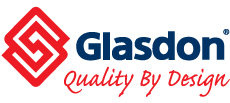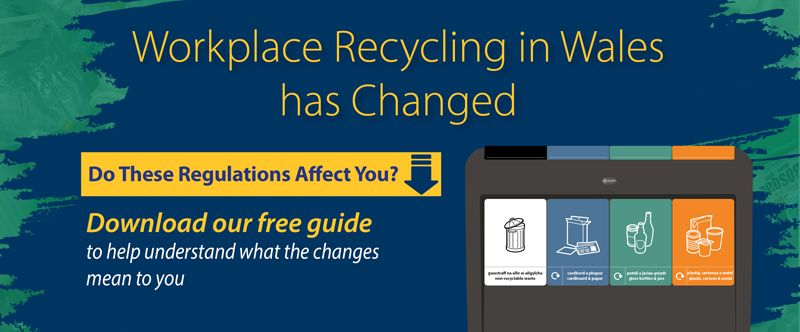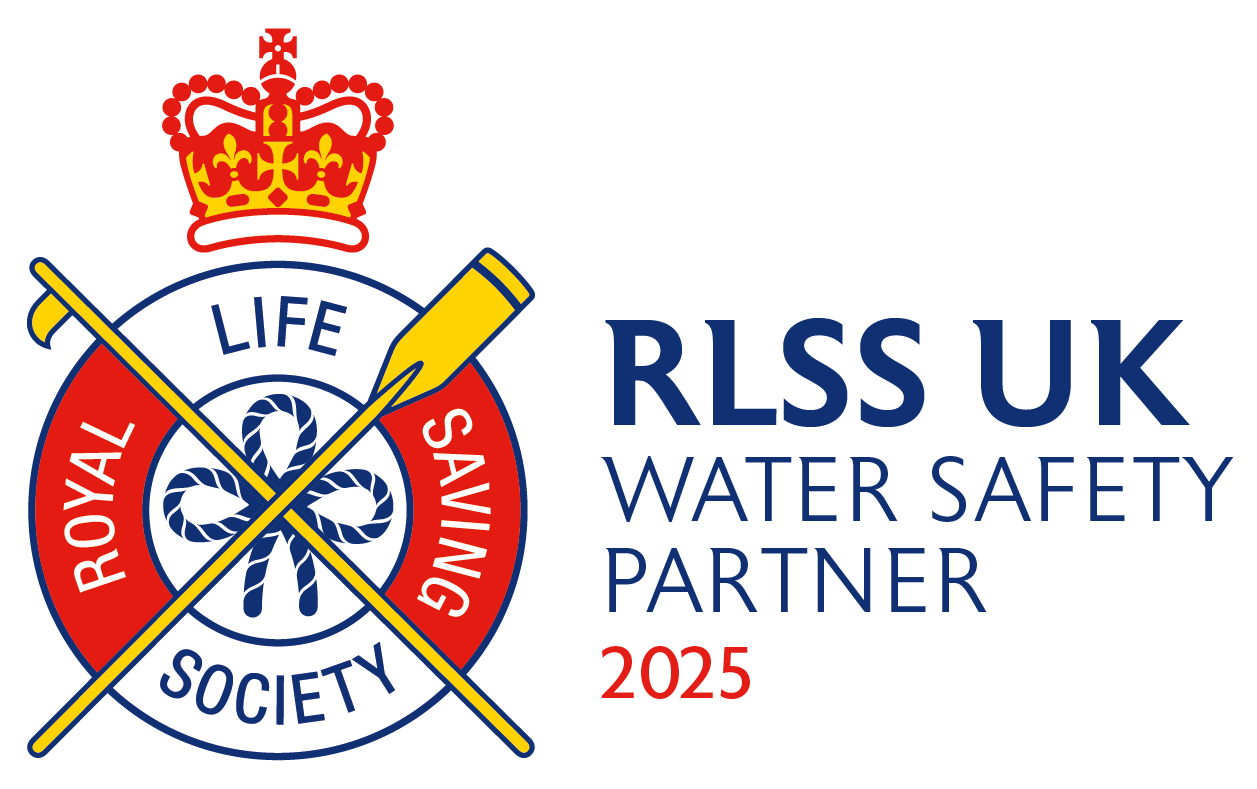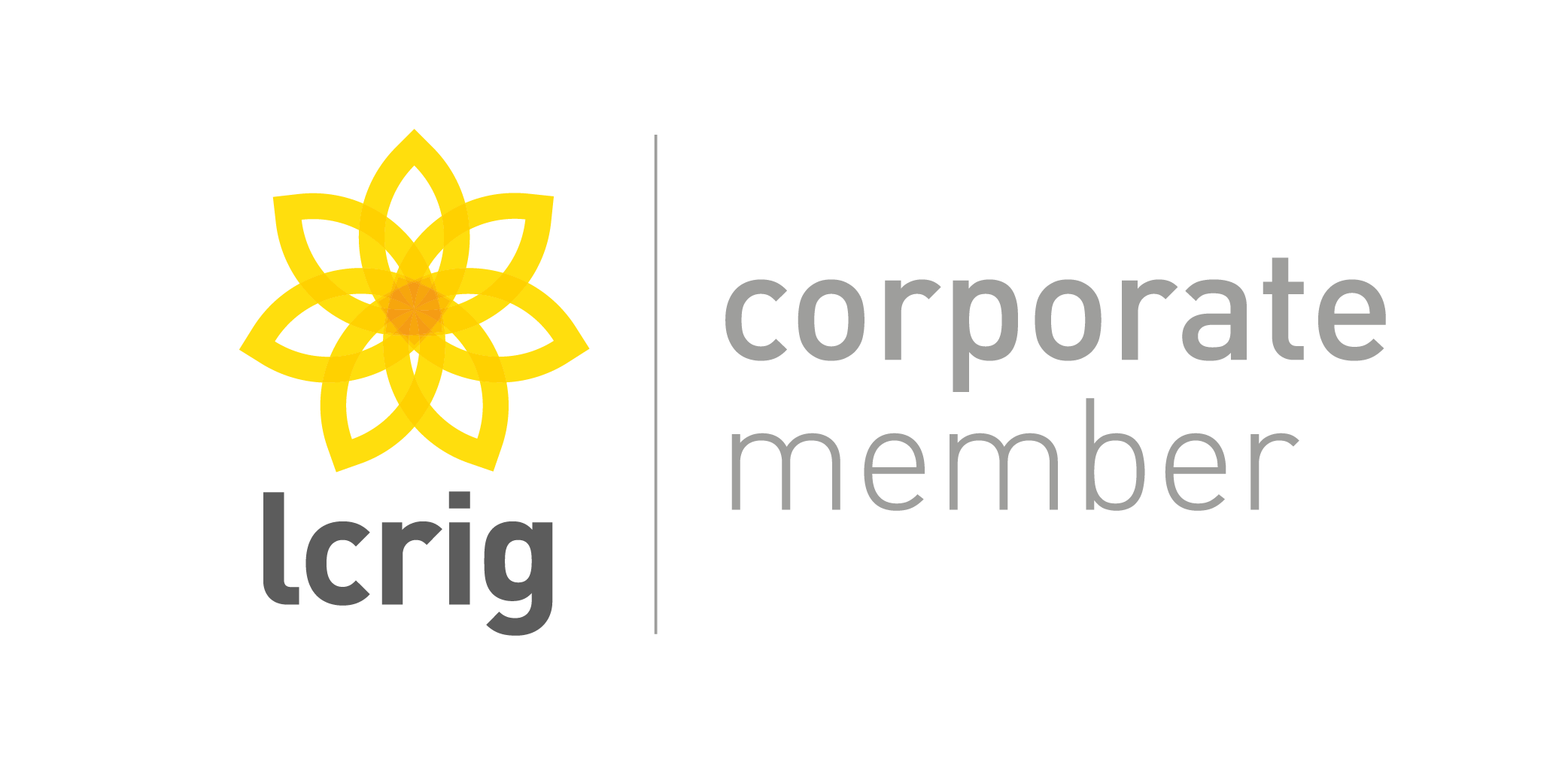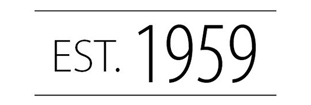Since the 6th of April 2024, it is now law for all businesses in Wales – including charities and public sector organisations - to separate certain recyclable materials and arrange collection for recycling. Do these regulations affect you?
Click Here to download our handy guide to take away and read at your leisure.
Need to know the ins and the outs now? Then let us unravel the new legislation together, below.
What is the New Recycling Policy?
The regulations establish separation requirements for six distinct recyclable materials. Each material must be disposed of separately in its designated waste stream and kept separate prior to collection for processing.*
In addition to the updated separation guidelines, there are also restrictions on various waste disposal methods. These include all forms of food waste being sent through sewers, separately collected waste being sent to either incineration or landfills, and wood waste being sent directly to landfills.*
The overarching goal is to revolutionise the process of disposing and collecting recyclable materials, enhancing their quality and increasing the amount that can be recycled. Ultimately, this effort keeps materials in circulation for longer periods, opening up valuable economic and environmental prospects. In line with this goal, the Welsh Government has set a national target to recycle 70% of its waste by the end of 2025 and eventually become a zero-waste nation by 2050.*
Who is Affected?
These legal requirements to separate their waste affect the following:
- All workplaces (businesses, the public sector and charitable organisations)
- Those who collect the waste, or arrange for waste to be collected
- Those who collect, receive, keep, treat, or transport waste who will need to keep the waste separate from other types of waste or substances
What Materials Will Need to be Separated?
To adhere to the new laws, targeted materials must be segregated at the point of disposal. For this to happen, dedicated tools are required. While some businesses may have these tools already, the implementation of six specific separation requirements may necessitate acquiring additional ones.
As a manufacturer and supplier of high-quality waste solutions, we are here to assist your organisation in selecting the appropriate recycling bins. Below, we will identify the six materials in target and offer suitable Glasdon solutions to effectively collect this waste.
The six specified recyclable waste materials targeted for separate collection are:
1) Food Waste – for premises producing more than 5kg of food waste a week
Our tailored food waste bins are specifically designed for the catering industry, including hotels, restaurants, and cafes as well as food preparation and consumption areas. Featuring foot pedals and spacious openings, our bins ensure effortless and sanitary disposal of food waste.
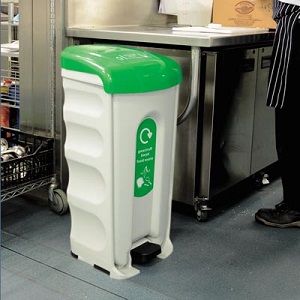
The Nexus® Shuttle is a versatile catering bin with three liner options to suit your indoor operational environment. Collect up to 60 litres (25.5kg) of waste with the standard sack retention model or utilise the adjustable shelf to limit the waste and collect up to 30 or 40 litres of waste.
To address outdoor food waste, consider the Combo™ Waste Bin. This large apertured container can collect up to 140 litres (59.5kg) of waste, whilst its robust and durable design ensures it can withstand extreme temperatures and various weather conditions.
2) Paper and Card
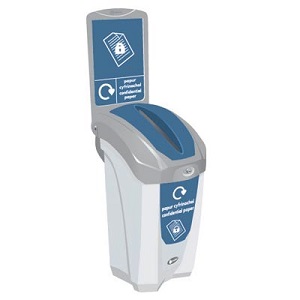
We have a variety of confidential paper waste bins available to help businesses capture and safeguard their paper waste. These lockable bins come in different styles and capacities, making them the perfect accompaniment for any office.
The Nexus® 30 is perfect for convenient and efficient paper recycling, thanks to its compact size. Its slim design allows it to fit neatly under or beside desks. For those with high volumes of paper waste, the preferred option is the Nexus® 140. This product utilises a fully removable door to minimise the need to lift sacks during emptying.
3) Glass
Our range provides various alternatives for glass waste management, both indoors and outdoors. As for Indoor recycling options, the contemporary Electra™ 60 Mixed Glass recycling bin is a perfect choice for offices and canteens with its modern design. It is made with an Armortec®-coated steel frame and Vandalex® panels to withstand vandalism and ensure long-lasting durability.
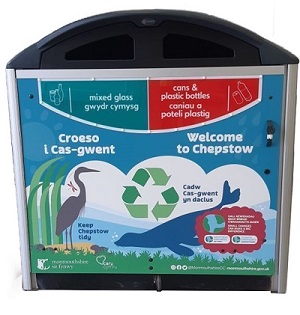
For a recycling option in outdoor settings, the Modus™ 770 Mixed Glass Recycling Housing is worth considering. This housing is designed for commercial areas with heavy foot traffic such as retail parks and promenades.
Recently, we joined in with the Caru Cyrmu movement to Keep Wales Tidy in the town of Chepstow. They used our personalisation services to turn words into action and demonstrate their ambitions to protect the environment and their local wildlife. They transformed their Modus unit into a bright and engaging 50/50 waste stream dedicated to capturing both mixed glass and cans & plastic bottles.
4) Metal, plastic, cartons and other fibre-plastic based packaging – including plastic bottles & lids and steel & aluminium drinks cans
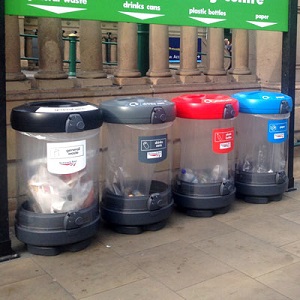
Our selection of plastic bottles and metal can recycling bins and units are designed to assist in collecting single-use drink containers. These highly visible and spacious recycling bins are perfect for various food-related spaces, such as canteens, cafes, and schools, where frequent monitoring is necessary.
A greater example is the C-Thru™ 180 Plastic Bottle Recycling Bin and the alternative Can Recycling Bin. Our selection of plastic bottles and metal can recycling bins and units are designed to assist in collecting single-use drink containers. These highly visible and spacious recycling bins are perfect for various food-related spaces, such as canteens, cafes, and schools, where frequent monitoring is necessary.
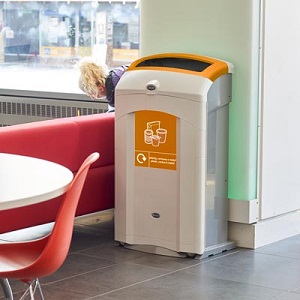
In addition to our single-stream solutions, we also provide equally effective multi-stream recycling bins. These bins can not only save floor space, but they can also be a budget-friendly option.
The Nexus® 100 Recycling Bin Range is an exceptional example, combining 2 x 50-litre capacity containers of all the major waste streams, including Can/Plastic Bottle recycling. Collect both materials inside one sleek design without taking up valuable floor space, whilst a drip tray in the base of the door sees the prevention of waste liquid from leaking.
5) Unsold small electrical and electronic equipment (sWEEE)
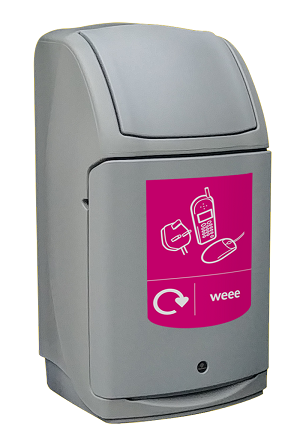
This can include a variety of discarded or unsold equipment or electrical waste, such as video cameras and toasters to printers and routers.
6) Unsold Textiles.
Targeting unsold textiles such as; clothing, mattresses, soft furnishings, carpet, rugs and leisure textiles. Any waste textiles that contain hazardous substances may not be suitable for recycling and must be appropriately managed.
What Else?
We're here to help.
Given that most businesses will encounter these designated materials, business owners can act to initiate or consider solutions for proper waste segregation, if they have not done so already.
If you need further assistance in purchasing the right recycling bin for your organisation, take a look at our useful How Do I Choose a Recycling Bin Guide to answer some of the most commonly asked questions about selecting a recycling bin that suits your recycling programme.
If your organisation doesn’t already follow a recycling programme, now is the perfect time to introduce one. Our recycling eBook to Creating a Successful Recycling Programme will provide you with all the information you need to create and action an efficient and effective waste programme within the workplace.
References
https://www.gov.wales/workplace-recycling
https://naturalresources.wales/about-us/news-and-blogs/blogs/separated-waste-collections-for-workplaces/?lang=en
https://www.gov.wales/separated-waste-collections-workplaces#109934
